Spanish SpliceBio has dosed the first patient with SB-007, the first dual AAV gene therapy in clinical development for Stargardt disease
ADVERTISEMENT
The UK Food Standards Agency (FSA) has selected eight companies to participate in a two-year regulatory programme set to speed up market approval and safety assessment of cell-cultivated products.
Roche is extending its obesity pipeline signing a US$5.3bn biobucks deal with Zealand Pharma A/S, who will co-develop and co-commercialise a monotherapy of its long-acting amylin analogue petrelintide with the Swiss pharma giant in the US and Europe and do the same for a combo of petrelintide and Roche’s GLP1/GIP receptor agonist CTT388.
Novo Nordisk A/S’ combined GLP1-, amylin- and calcitonin receptor agonist CagriSema has failed to meet the expected 25% weight loss within 68 weeks in the second of four pivotal Phase III trials. Shares in Novo Nordisk closed down 8% after the data became public.
Roche researchers have introduced a greatly improved long-read nanopore sequencing method that has the potential to erase the sequencing-by-synthesis approach of market leader Illumina.
Investment company Frazier Life Sciences has launched the virtual ADC company Callio Therapeutics Inc by licencing Hummingbird Bioscience’s TopDDRive dual payload ADC technology and co-leading a US$187m financing round with French Jeito Capital and other investors.
The European Commission has presented its long-awaited Clean Industrial Deal, which aims at replacing its Green Deal in times of geopolitical tensions, slow economic growth and technological competition with “a transformational business plan” that makes the world’s 2nd largest economic bloc future-proof, sustainable while improving global competitiveness.
Fuse Vectors has secured US$5.2m in pre-seed financing to revolutionise gene therapy manufacturing with its cell-free viral vector technology. The Danish company is aiming to make treatments more accessible and cost-effective by streamlining production.
Krakow-based oncology specialist Ryvu Therapeutics zoo today announced a strategic reorganisation that will extend Ryvu’s cash runway to H2/2026 to focus on accelerating three ongoing RVU120 clinical programmes, and early pipeline small molecule and ADC assets to key data inflection points.
With a 7.7% lead, the incoming Christian Democrat Chancellor Friedrich Merz has put the radical right-wing AfD in its place. Before forming a government in Germany, Merz emphasised that Germany wants to strengthen the EU’s self-sufficiency, although the role of biotechnology seems to be of secondary importance to him.


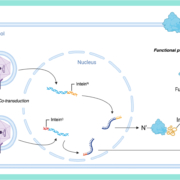 SpliceBio
SpliceBio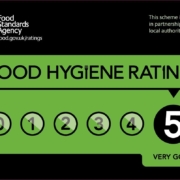 FSA UK
FSA UK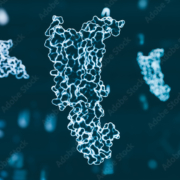 asobe stock photos - catalin
asobe stock photos - catalin 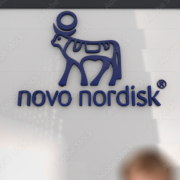 Adobe stock - maurice norbert
Adobe stock - maurice norbert 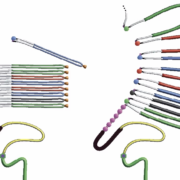 Roche AG
Roche AG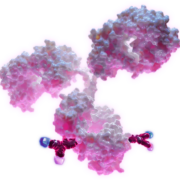 Hummingbird Bioscience
Hummingbird Bioscience Audiovisual Library of the European Commission
Audiovisual Library of the European Commission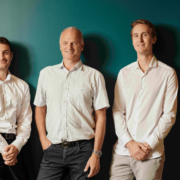 Fuse Vectors
Fuse Vectors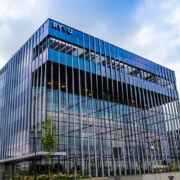 Ryvu Therapeutics zoo
Ryvu Therapeutics zoo CSU
CSU